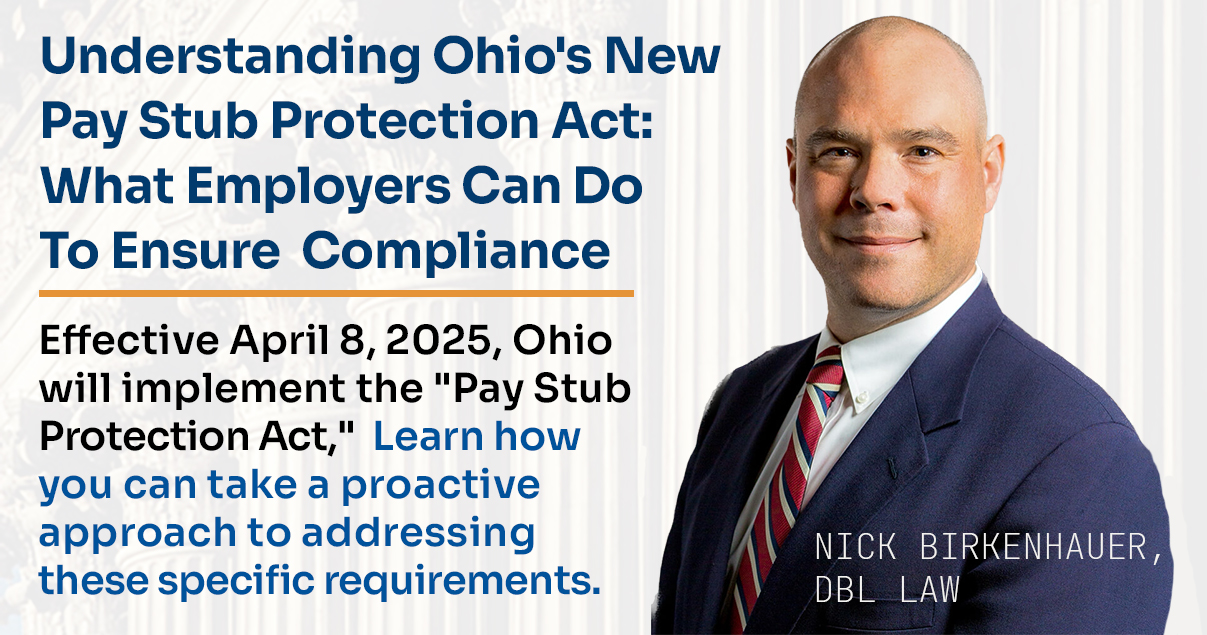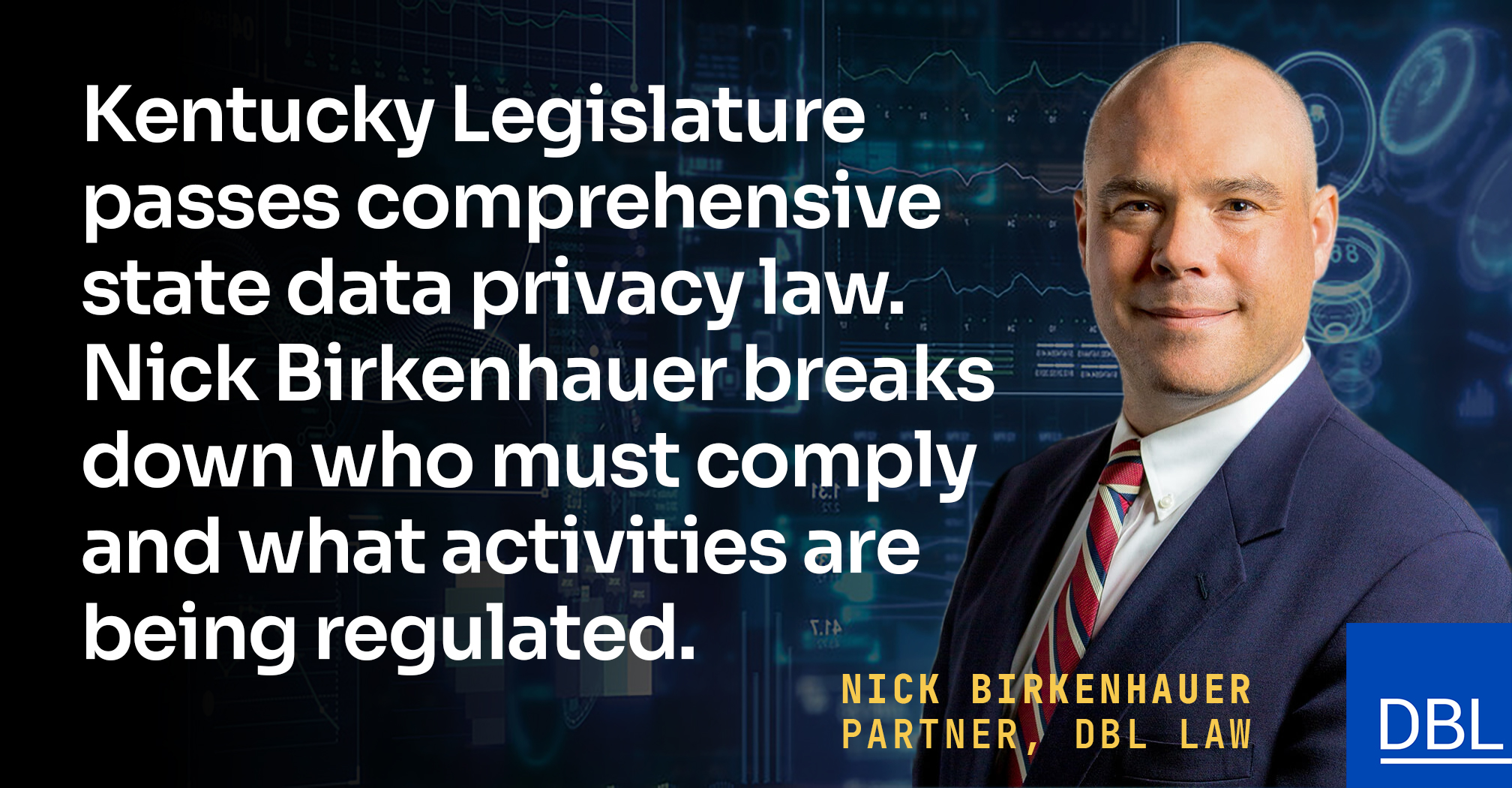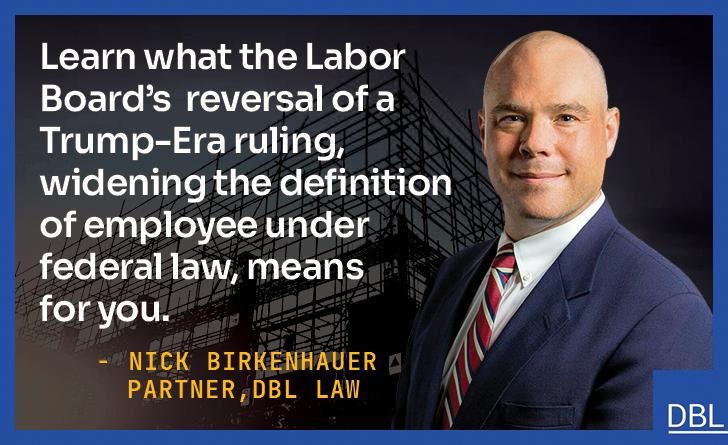An employer may not make an applicant’s religious practice, confirmed or otherwise, a factor in employment decisions, according to a 2015 Supreme Court decision. In EEOC v. Abercrombie & Fitch, Inc., the Court ruled that Title VII’s prohibition against religious discrimination and its mandate that reasonable accommodations be made for religious practices may apply even where an applicant does not specifically notify the employer of the need for a religious-based accommodation.
Samantha Elauf, a practicing Muslim who wore a traditional headscarf, interviewed for a job with Abercrombie & Fitch. At the time of her application, Abercrombie employees were subject to a “Look Policy” (i.e., dress code) which prohibited wearing “caps.” Although otherwise qualified for the position, Elauf was not hired because, in Abercrombie’s view, Elauf’s headscarf violated the Look Policy.
Because Elauf did not, when informed of the Look Policy, disclose that she wore the headscarf for religious reasons, or ask that her religious practice be accommodated, Abercrombie claimed it had no actual knowledge of her need for an accommodation, and therefore, could not have violated Title VII’s ban on religious discrimination. The Supreme Court rejected the “actual knowledge” standard, holding that an employer can violate Title VII even when its motive not to hire is based on “an unsubstantiated suspicion” that an applicant needs a religious accommodation. The Court was quite emphatic on this point: “[a]n employer may not make an applicant’s religious practice, confirmed or otherwise, a factor in employment decisions.” Thus, it was of no consequence that Elauf never asked for a religious accommodation or informed Abercrombie that she wore the headscarf for religious reasons. If she can prove her need for a religious accommodation was a motivating factor in Abercrombie’s decision not to hire her, she will be able prevail under Title VII.
Going forward, employers should be sure to disclose any dress code requirements to prospective employees and inquire if there is any reason the applicant cannot comply. If an applicant confirms he/she can comply, there is no need for further inquiry. If the applicant says he/she cannot comply with the policy, ask “why.” If the applicant responds with a reason that is protected by law (e.g., religious need, disability covered by the Americans with Disabilities Act, etc.), the employer should engage the applicant in a constructive interactive dialogue to see if a reasonable accommodation can be made. The lesson of Abercrombie & Fitch is clear: employers are not off the hook simply because an applicant fails to specifically ask for a religious accommodation, and must remain vigilant in ensuring that an applicant’s religion or religious practice does not impact hiring or other employment decisions.
Nick Birkenhauer is an attorney in the law firm of Dressman Benzinger LaVelle, with offices in Cincinnati, Ohio, Crestview Hills, Kentucky, and Louisville, Kentucky.




